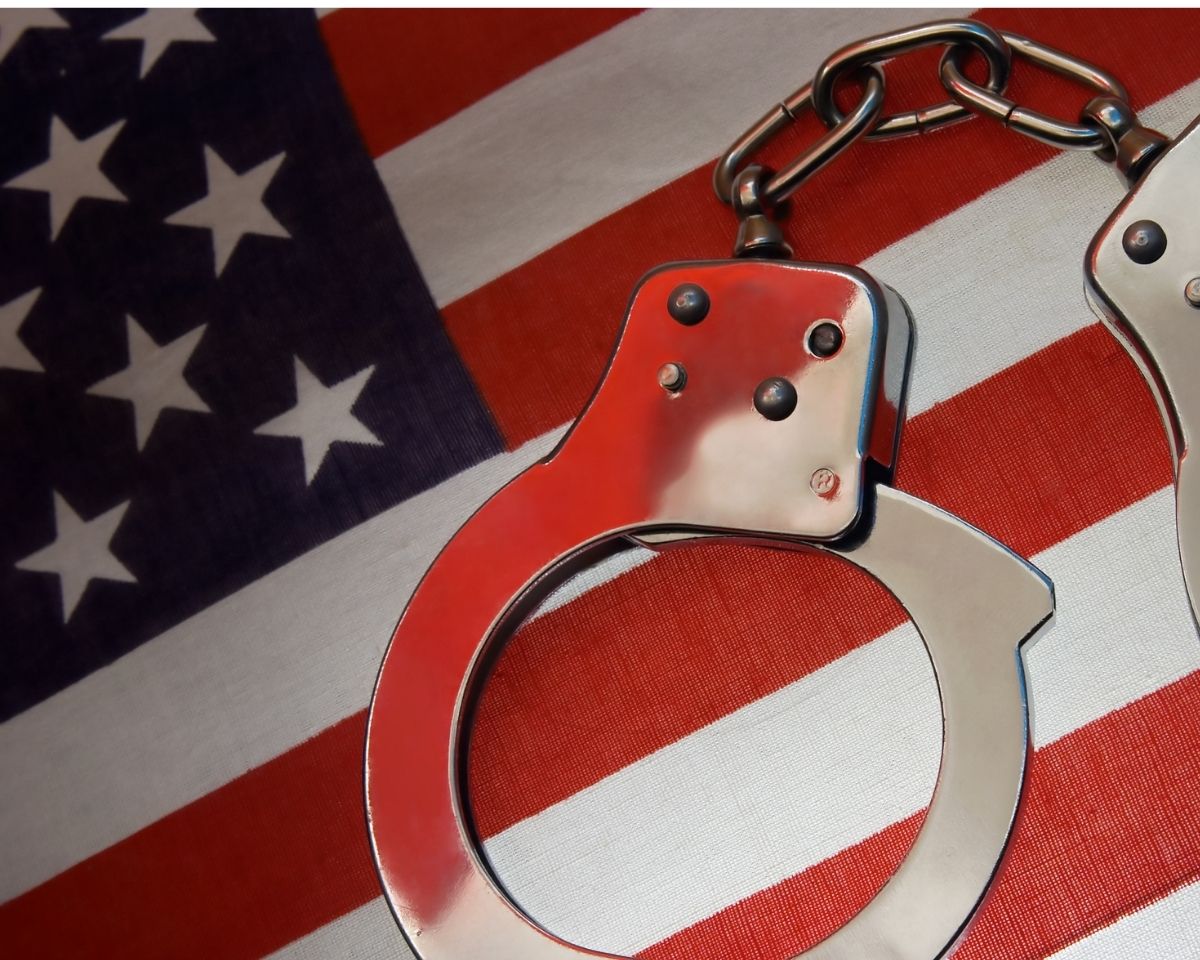School disciple has been a hot topic for a number of years, particularly the way Black students and other students of color are disproportionately disciplined. Years of research has shown that racial discrimination in school discipline is a real problem and continues to be.
As an Aurora community member, a parent and a teacher, I had the opportunity last month to take part in a town hall meeting organized by YAASPA (Young Aspiring Americans for Social and Political Activism). Students from Aurora Public Schools and Cherry Creek School District came together to discuss students’ experiences; the nuances and tensions concerning public safety in school experiences.
The discussions were facilitated by Miss Michaela and Miss Brandy, both interns at YAASPA. The objective of the discussion was to reveal student’s lived experiences with discipline, police and security presence in Aurora schools.
According to Civil Rights Data Collection (CRDC), Black students, who make up 16 percent of enrollment, account for 40 percent of suspensions nationally. In APS, one of the most diverse school districts in Colorado, Black students, including students of African origin, make up 18.4 percent of enrollment and account for about 23 percent of suspensions and other disciplinary actions.
The students discussed how the presence of police and School Resource Officers in Aurora schools makes them feel. Schools with large numbers of students of color are more likely to have an on-site security employees and law enforcement personnel present on campus.
Students described how teachers are more likely to refer students of color for discipline and suspension. As a parent this breaks my heart, and as a teacher and a restorative justice coordinator, I feel ashamed, because in those lived experiences I heard confirmed that the “school to prison-pipeline” theory is alive and well. And as a community member, it makes me feel disrespected.
Schools with large numbers of students of color are also more likely to have on-site more security personnel than mental health support personnel. Jason, a YAASPA member, offered that when students act up, schools, instead of suspending them, should heck into the student’s emotional and mental health.
Students should not feel unwanted at school or as though they are surrounded by police or security guards, who are not there to protect them, but rather to ensure they behave. In the eyes of Ariana, a former Vista Peak student, police presence, security presence and the form of disciplinary actions some schools take could send the message that “students need to be managed by the law” not taught or educated.
It is, however, important to note that APS has come a long way in trying to disrupt the “school to prison pipeline” and has made a lot of effort in improving its discipline guidelines. As a restorative justice coordinator, however, I believe that a lot of work remains to be done.
Students, parents, and the community need to engage more in activism to ensure APS enacts more discipline changes, to thoroughly bring about fairness and equity. To quote Miss Brandy, one of the facilitators of the town hall, we need “to make sure that our schools discipline system is more humanizing and dignifying for all students, and especially for students of color.”
You may ask yourself: Why are we talking about school discipline when most districts are back in remote settings? The answer is that while students are no longer in the building, many students are still subject to the same disparities in discipline. Students with toy guns having officers show up at their homes, or threats to take families to truancy court for missing virtual classes are but two examples.
Research has shown that students who experience multiple encounters with strong discipline such as school suspension tend to distrust the school system and become disengaged. This distrust and disengagement is harmful for students of color. Perhaps this is the reason why it is so difficult to keep them engaged and taking responsibility for their education in the current remote setting.
Restorative justice needs to be pushed more in lieu of disciplinary referrals, even in a remote learning environment. Knowing our students on a personal level can help us educators decrease the harsh disciplinary referrals. It strengthens the trust our students feel, thereby reducing the disparity in education, and the lack of engagement from our students.
This in, turn, will increase the number of students of color who graduate from high school.




